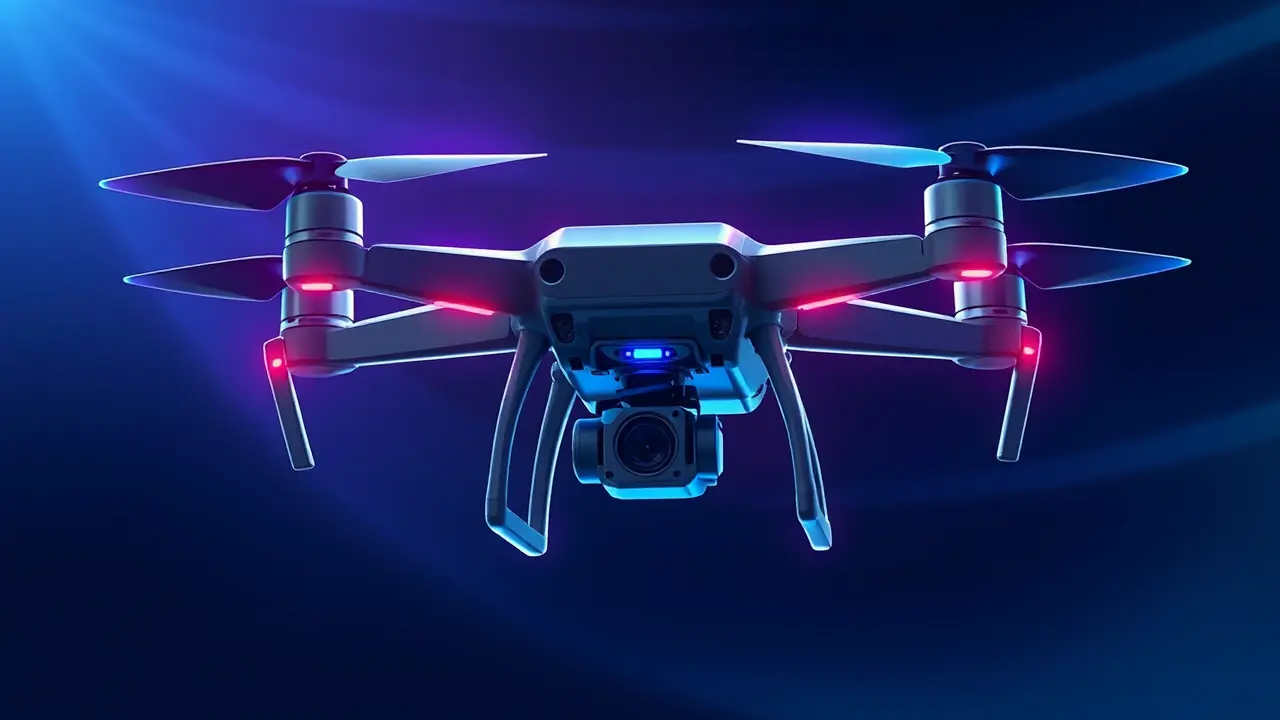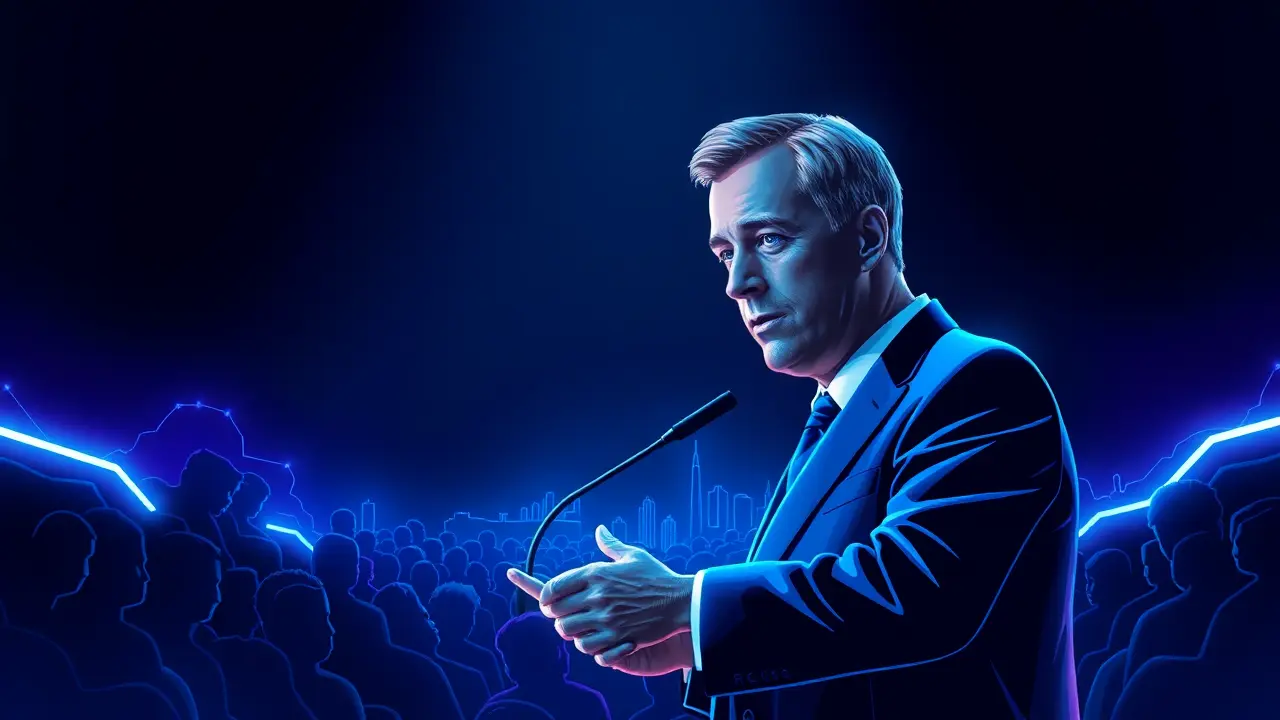
CryptoregulationSanctions and Bans
US Moves Closer to Banning DJI Drones Over Security Concerns
RO
Robert Hayes
6 hours ago7 min read1 comments
The United States is accelerating toward a decisive confrontation with China's Da-Jiang Innovations, the drone manufacturing behemoth whose products have become ubiquitous in American skies. Since its 2020 placement on the Department of Commerce's entity list, DJI has been navigating increasingly treacherous regulatory waters, and the situation has now reached a critical inflection point.Following the exhaustion of its legal appeals and a damaging court loss last month, the company faces the very real prospect of seeing its popular models—from the Mini 4 Pro to the Avata 2 and Neo—vanish from U. S.shelves by December 23. This is not merely a trade dispute; it represents a fundamental clash between technological dependency and national security imperatives, reminiscent of historical confrontations with foreign-owned infrastructure.The Federal Communications Commission's recent move to grant itself retroactive authority to sever products from companies on its 'covered' list represents a significant escalation, potentially allowing the government not only to halt future sales but to enact rules preventing Americans from using drones they already legally purchased. DJI's dominance of the consumer drone market—commanding an estimated 77 percent share as of 2020—means a ban would deliver a seismic shock to hobbyists, content creators, and crucially, industrial and public safety operators who have integrated these systems into their critical operations.The underlying security concerns, while often stated in hypothetical terms, are substantiated by China's 2017 National Intelligence Law, which legally compels Chinese companies to cooperate with state intelligence services, and the 2021 Cyber Vulnerability Reporting Law that mandates companies disclose vulnerabilities to PRC authorities before public notification, creating potential backdoors for exploitation. The U.S. government's apprehension dates back to at least 2017, when the Department of Homeland Security issued a memo stating with 'moderate confidence' that DJI was providing U.S. critical infrastructure data to Beijing, though it never presented conclusive evidence.The company's subsequent placement on various restricted lists, including the Treasury Department's 'Chinese military-industrial complex companies' list for alleged involvement in surveillance of Uyghurs, has created a regulatory labyrinth from which escape appears increasingly unlikely. With the Countering CCP Drones Act advancing through Congress and the FCC's newly asserted powers, the administrative machinery for a comprehensive restriction is now largely in place.DJI's strategic response—formally requesting five national security agencies to evaluate its products—has thus far yielded no takers, leaving the company in a precarious position as the December deadline approaches. The most probable outcomes now range from a cessation of new certifications to a full listing on the FCC's covered registry, either of which would fundamentally alter the U.S. commercial drone landscape.This confrontation mirrors historical patterns where technological advantage becomes entangled with geopolitical rivalry, raising profound questions about economic interdependence in an era of renewed great power competition. While DJI has marshaled considerable lobbying resources and enlisted allies from agriculture and public safety sectors who depend on its affordable, capable systems, the political climate in Washington remains overwhelmingly hostile, with bipartisan consensus forming around the need to sever technological links perceived as vulnerable to Chinese influence. The coming months will test whether security concerns ultimately override the practical dependencies that have been built around this singularly dominant technology provider.
#DJI
#drones
#US ban
#national security
#China
#FCC
#featured
Stay Informed. Act Smarter.
Get weekly highlights, major headlines, and expert insights — then put your knowledge to work in our live prediction markets.
Related News
© 2025 Outpoll Service LTD. All rights reserved.














